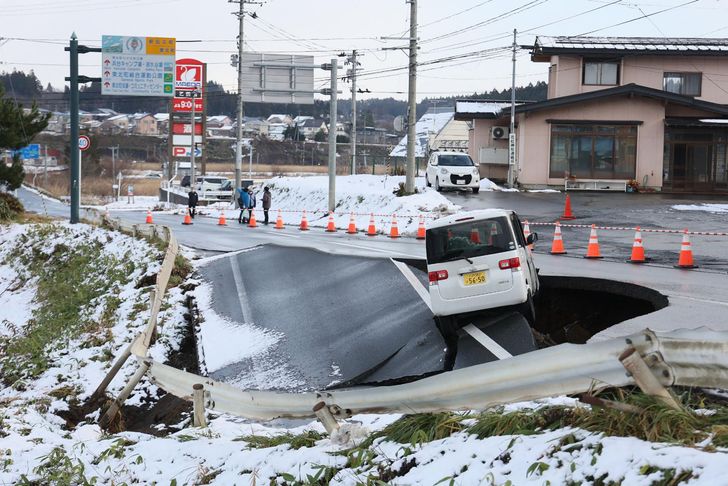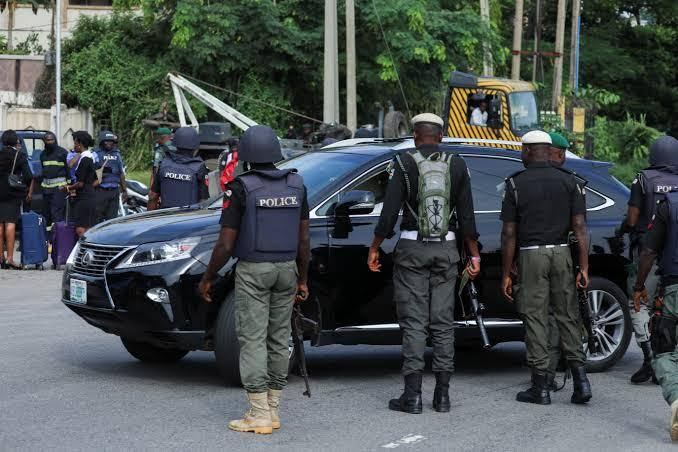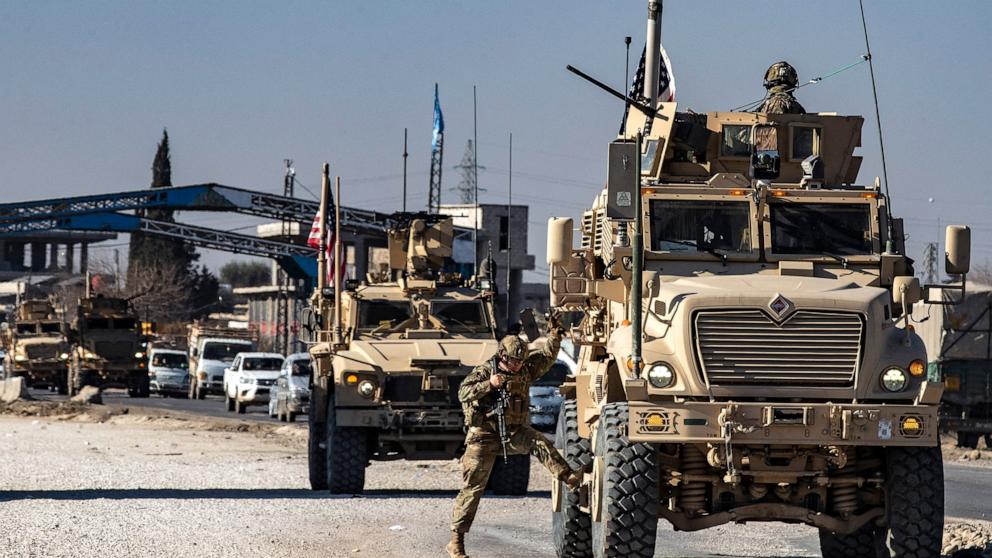Hamas has conveyed its response to a proposed ceasefire framework for Gaza, initiated by Israel, the US, Qatar, and Egypt. The specific details of the plan, including a reported six-week truce and potential exchange of Israeli hostages for Palestinian prisoners, remain undisclosed. Both Israel and the US are currently reviewing Hamas’s response.
US Secretary of State Antony Blinken, presently in the Middle East, has stated his intention to discuss Hamas’s response with Israeli officials on Wednesday. While the US stance remains unclear, President Joe Biden characterized the response as “a little over the top,” suggesting potential challenges in reaching an agreement.
According to a senior Hamas official, the group provided a “positive vision” in response but requested amendments related to Gaza’s reconstruction, residents’ return to homes, and provisions for displaced individuals. Hamas also sought changes regarding the treatment of the injured, encompassing their return home and potential transfer to hospitals abroad.
The initial proposal was sent to Hamas approximately a week ago, with the group citing some parts as “unclear and ambiguous,” leading to the delayed response.
Qatari Prime Minister Sheikh Mohammed Bin Abdulrahman al Thani described Hamas’s overall response as “positive.”
The conflict in Gaza originated from a cross-border attack by Hamas gunmen on southern Israel on October 7, resulting in casualties and hostages. The situation has escalated, with more than 27,500 deaths in Gaza since, according to the health ministry. Hamas, designated as a terrorist organization in several countries, was involved in a previous exchange of hostages during a week-long ceasefire in late November.
Complications may arise in the timing of any new deal due to Israeli defense officials’ claims of progress in locating Hamas’s leader, Yahya Sinwar. Despite this, Prime Minister Benjamin Netanyahu faces domestic pressure to secure the release of remaining hostages.
The urgency intensifies amid a regional crisis, with US efforts to mitigate escalation following a drone strike that killed three American soldiers in Jordan. Washington retaliated with airstrikes against Iran-backed militias in Syria and Iraq, issuing warnings of potential further action.



























